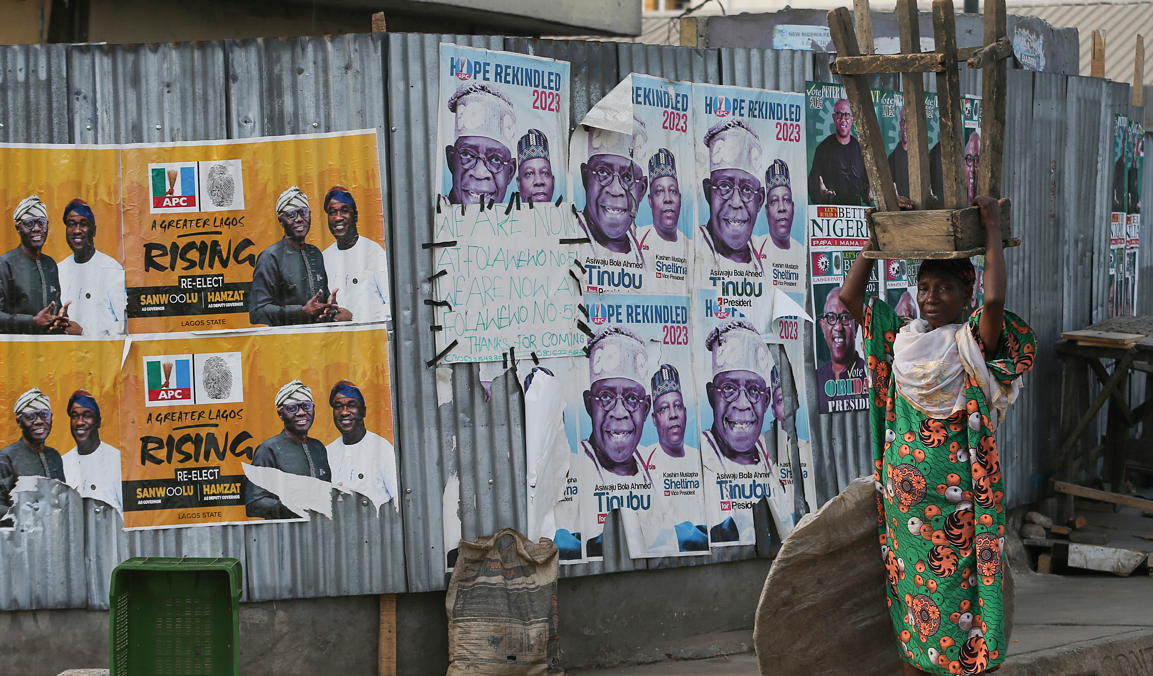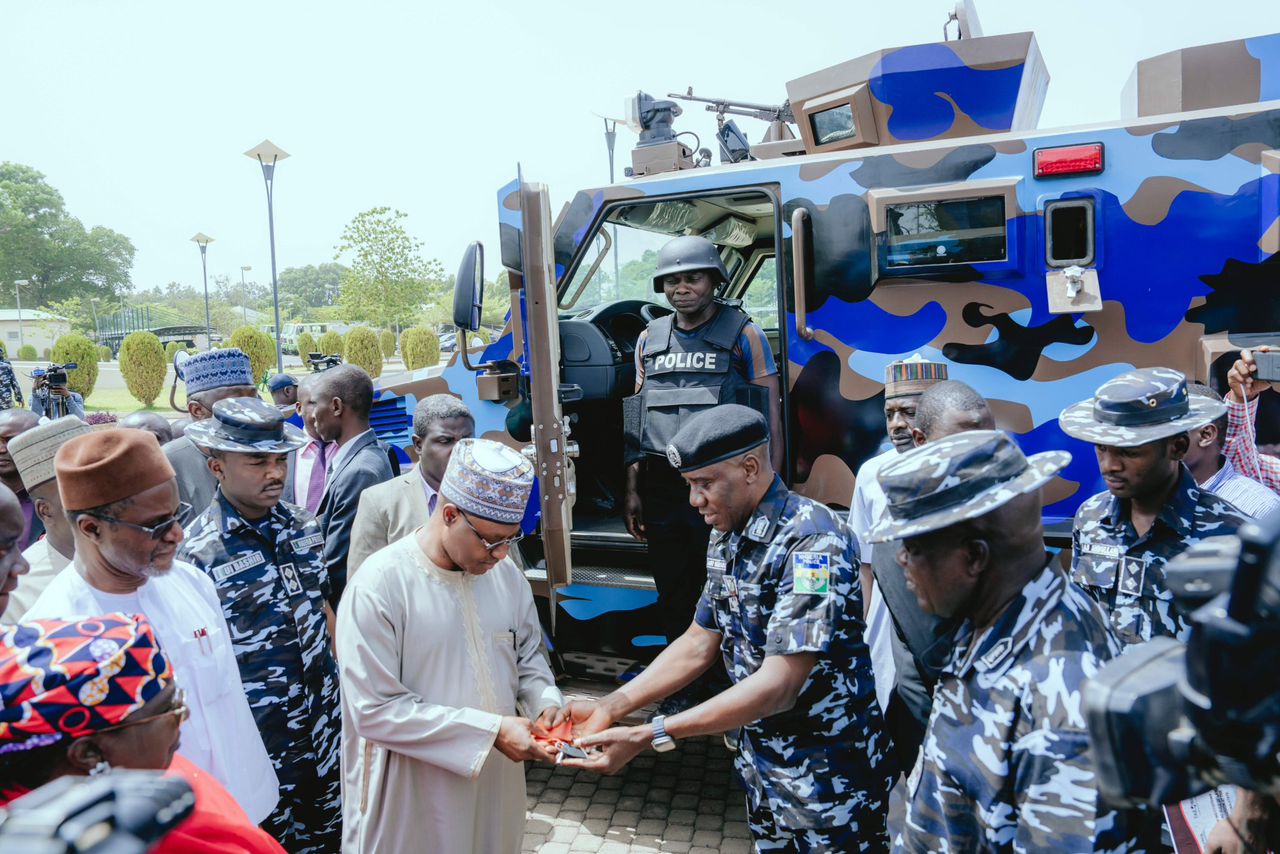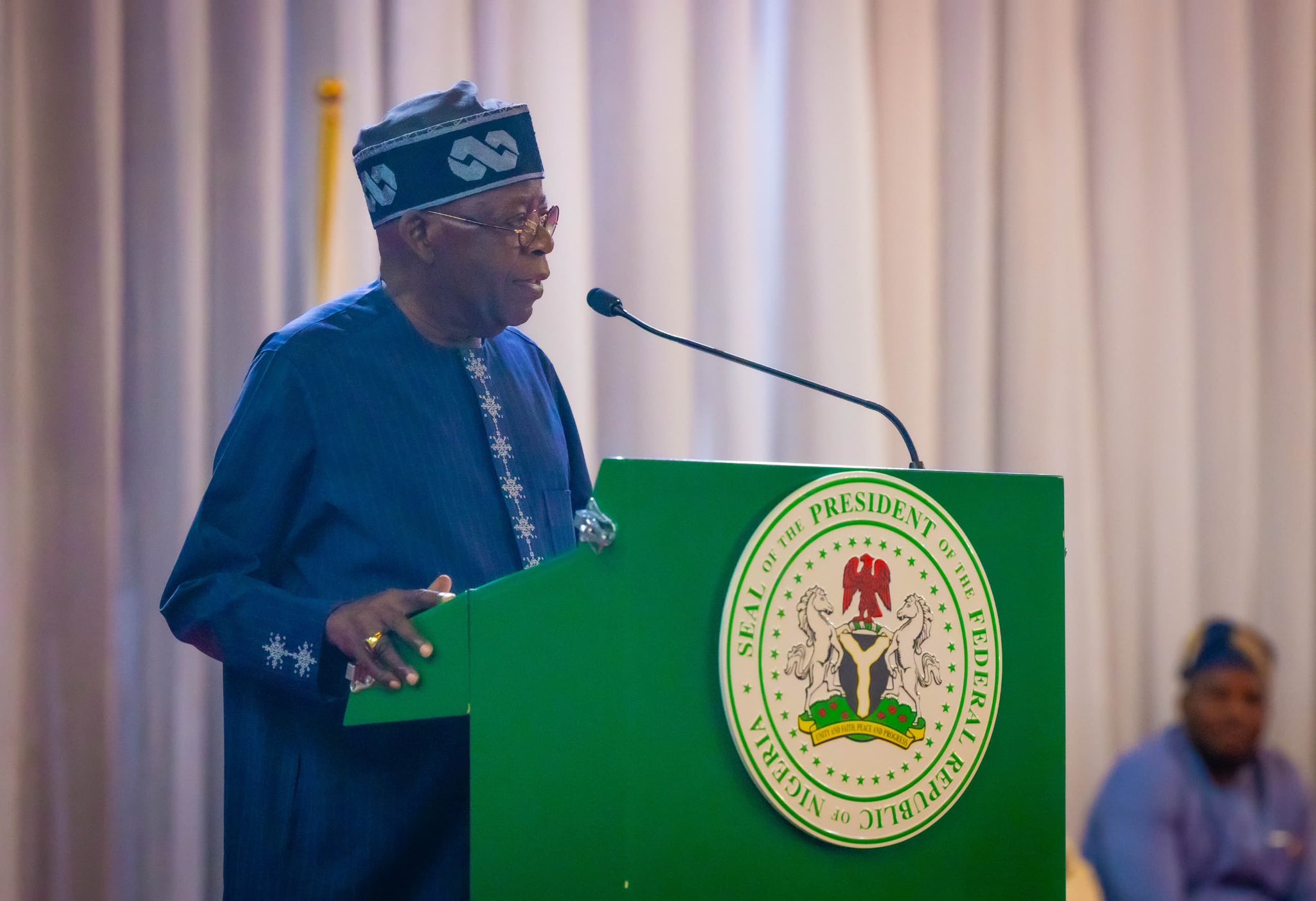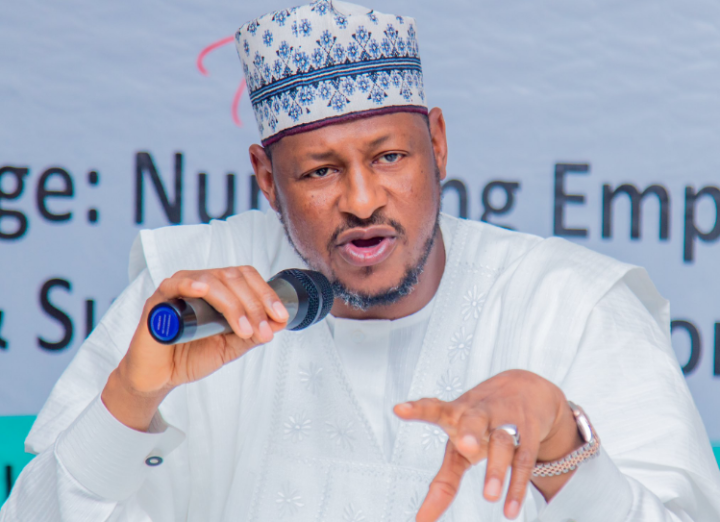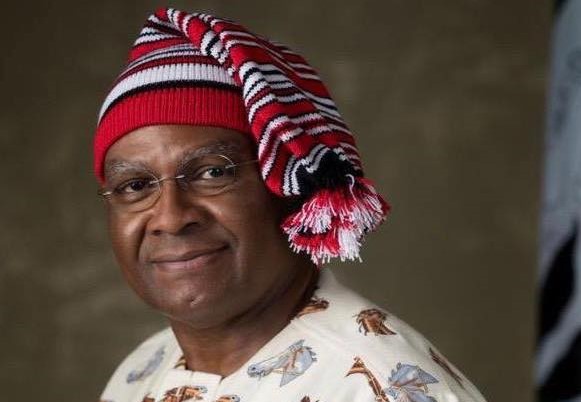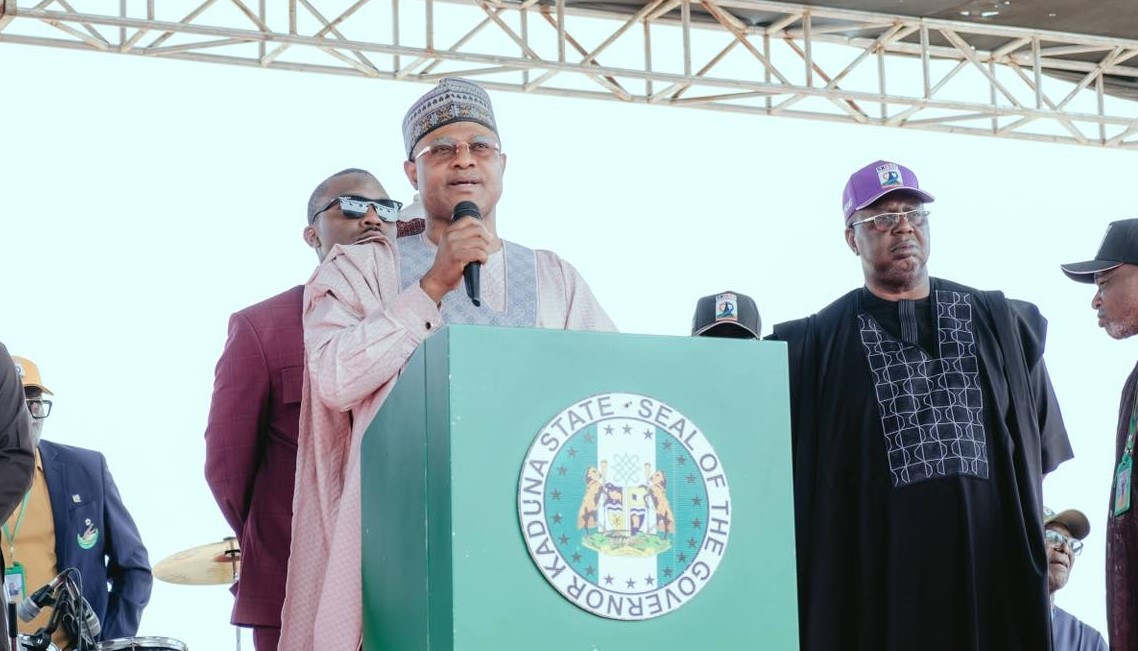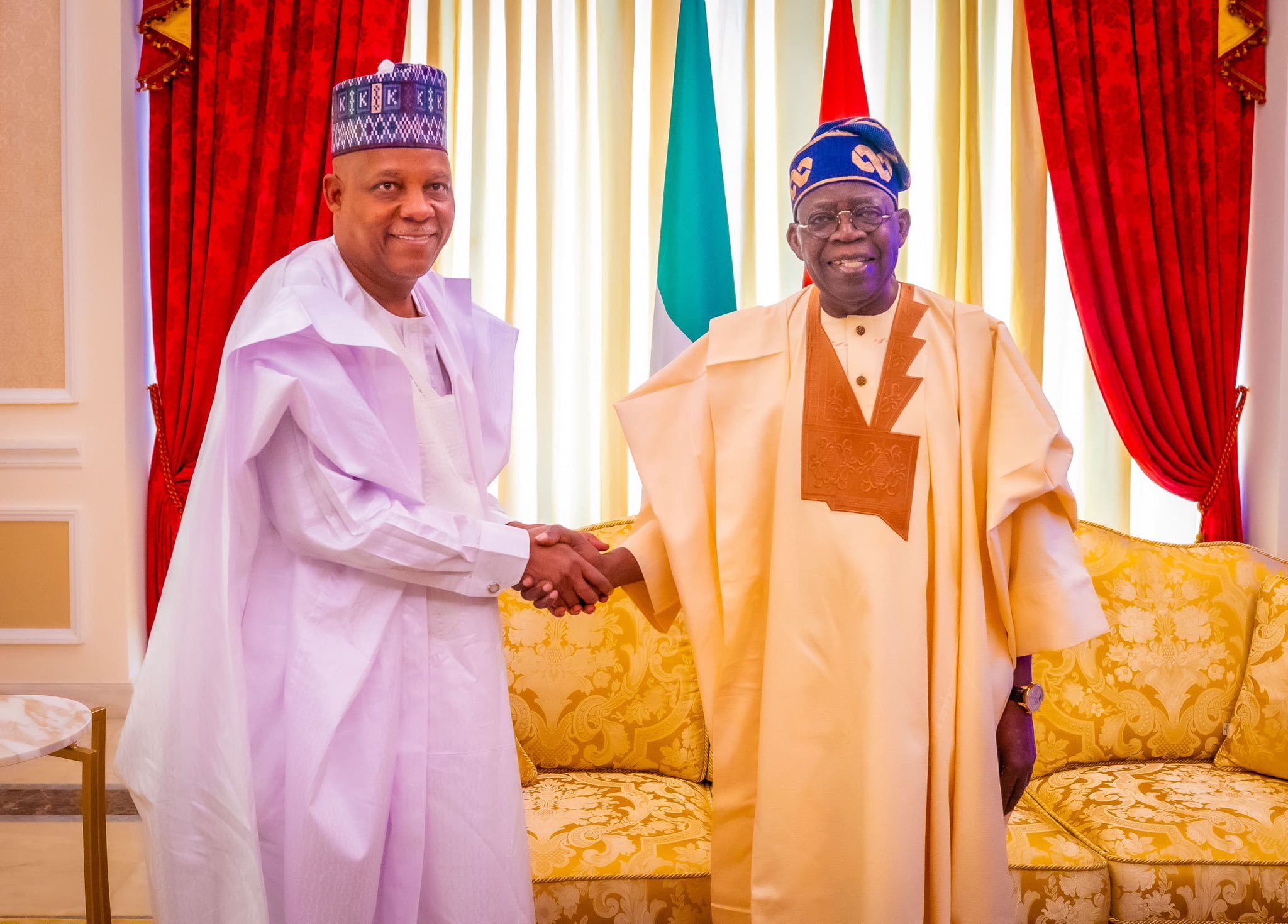BY JEFF KELLY LOWENSTEIN AND AJIBOLA AMZAT
Democracy Day is always an occasion for celebration and reflection, and arguably never more so than the first anniversary of the Tinubu administration. This is also because more than 80 countries — a group that contains about half the world’s population— will go to the polls this year to decide the fate of their country’s elected officials. And, perhaps even more important, through their level of participation, the health and vibrancy of the world’s democracies.
We know where the Nigerian government stands. Despite the challenges encountered along the way, “the 2023 General Election can be considered as the best-planned and most credible election since 1999,” the Independent National Electoral Commission (INEC) wrote in the concluding sentences of its more than 500-page report.
But despite a pre-election survey by Afrobarometer that found 70% of respondents want a democracy, many Nigerians feel that their country has yet to experience an election where leadership is legitimately chosen by the people.
Advertisement
While the commission compared last year’s election to the six that preceded it since the inception of the Fourth Republic a quarter-century ago, it brushed past the 2023 contest’s turnout. It was 27%. That’s barely more than one in four registered voters who cast their vote. One of the lowest figures globally since the end of World War II, it was also the fifth consecutive election in which voter participation fell from its high watermark of 69% in 2003. Its drop of 42% during the past two decades only trails Afghanistan and Haiti.
Nigeria is also one of few countries that has seen lower voter turnout rates in every election following the first one that took place this century, according to a Center for Collaborative Investigative Journalism (CCIJ) analysis of presidential election data compiled by the International Institute for Democracy and Electoral Assistance.
This decreasing participation meant that President Tinubu garnered less than 10 percent of all registered voters’ support — a figure that raises concern about whether last year’s election expressed the Nigerian people’s will, and, more fundamentally, about the future viability of Nigerian democracy.
Advertisement
This is the conversation we seek to start.
Members of our West Africa Hub and our team at the Center for Collaborative Investigative Journalism (CCIJ) have worked diligently for months on a series of stories that we intend to be the most comprehensive journalistic investigation of the Nigerian election to date.
Many Nigerians yearn for the opportunity to participate in a peaceful voting process, where they can exercise their right to vote for leaders of their choice and witness the establishment of a national government that represents their rights, desires, and aspirations. But readers of these stories will learn about the allegations of often brutal voter suppression that occurred throughout the country and the potential violations of the nation’s 2022 electoral law and the constitution that took place.
You will read about the millions of people reached and impacted by the misinformation spewed by party spokespeople, media outlets, and social media influencers –claims that in some cases remain intact despite their authors being notified of their falsehood.
Advertisement
And you will learn about the stunning results from our analysis of the results from the nation’s nearly 177,000 polling units that we downloaded from the government’s website.
To give just one example, more than 9,000 polling units, or more than 5%, had no results uploaded to the governmental portal — a figure the government confirmed in their February report. In Anambra state, the figure was nearly one in six polling units with no recorded results.
On their own and collectively, these stories raise pointed questions about the legitimacy of last year’s election as well as the current status and future trajectory of democracy in Africa’s most populous nation.
We will hold these discussions in many spaces. We will publish stories in more than a dozen news outlets inside the country and republish with media partners inside and outside of Nigeria.
Advertisement
We will post information on our social media platforms and conduct conversations on X and other platforms like our virtual reality immersive space. The common thread throughout all of these dialogues is our desire to inform and engage and to build community by listening. And, in so doing, to enhance the trust needed to boost the level of participation in future elections.
We hold no illusions about the magnitude of the task we have undertaken, the challenges it presents, and the attacks our members may experience.
Advertisement
Haruna Mohammed Salisu, the founder of WikkiTimes and a key member of our community, was arrested last February in Duguri, Bauchi state while covering the election. He observed a group of women protesting against Bauchi state governor, Bala Mohammed, for breaking his promise to offer employment.
He filmed the protest during which the women booed the governor and said they would not vote. Some people believed to be supporters of the governor attacked Salisu. They also reported Salisu
to their principal, who ordered his security detail to arrest him. Held in jail before being released, Salisu has since been hounded by escalating threats that led to his taking the painful yet sound decision to leave the country to try to ensure his physical safety.
Advertisement
Despite this and other forms of harassment our members have endured, the stakes for the country
demand no less than our full commitment. At the same time, as hard as the journalists and our team have worked, our knowledge is incomplete.
We can only deepen our understanding and examination of last year’s elections with your help. We need to hear from you.
Advertisement
Lowenstein is the founder and executive director and Amzat is the Africa editor of the Center for Collaborative Investigative Journalism (CCIJ).
Views expressed by contributors are strictly personal and not of TheCable.
